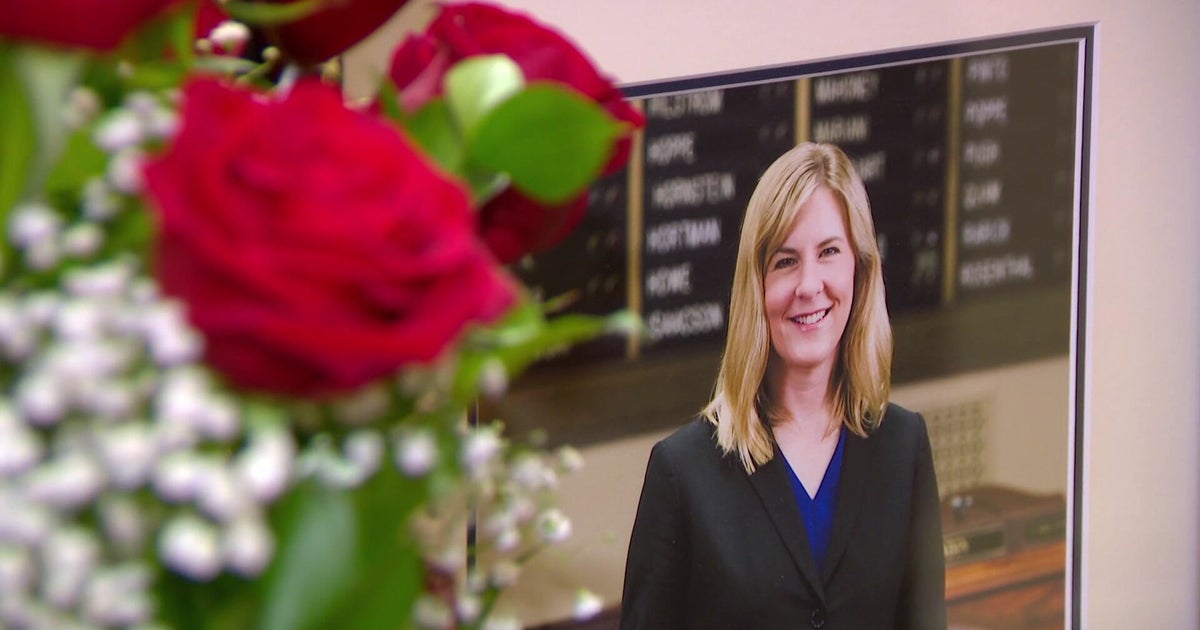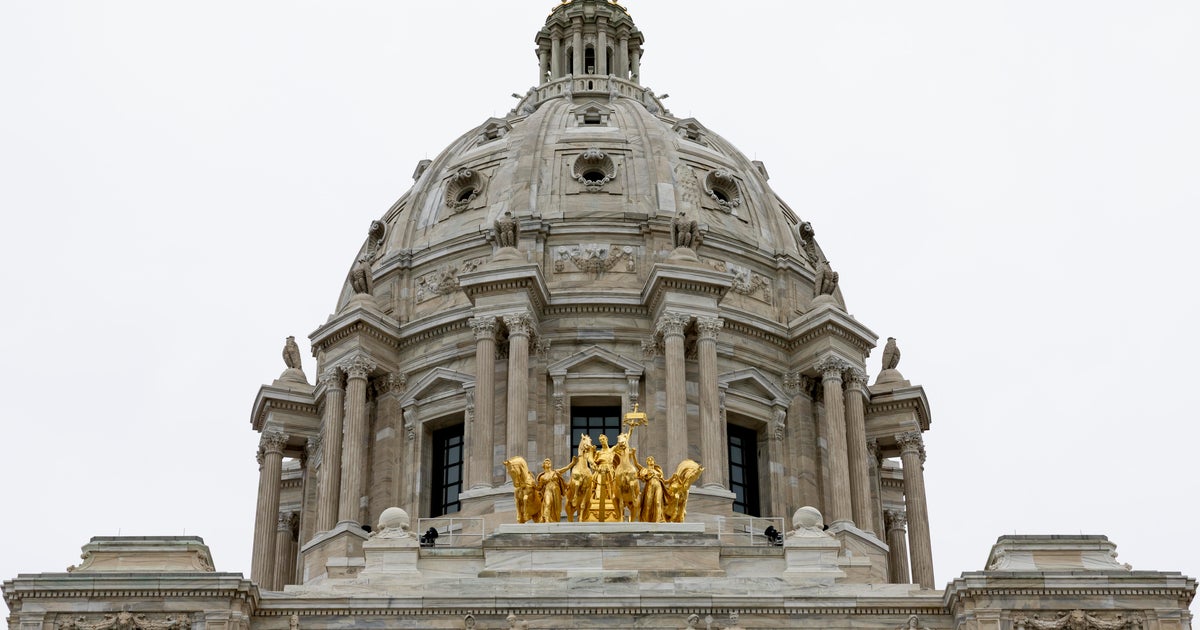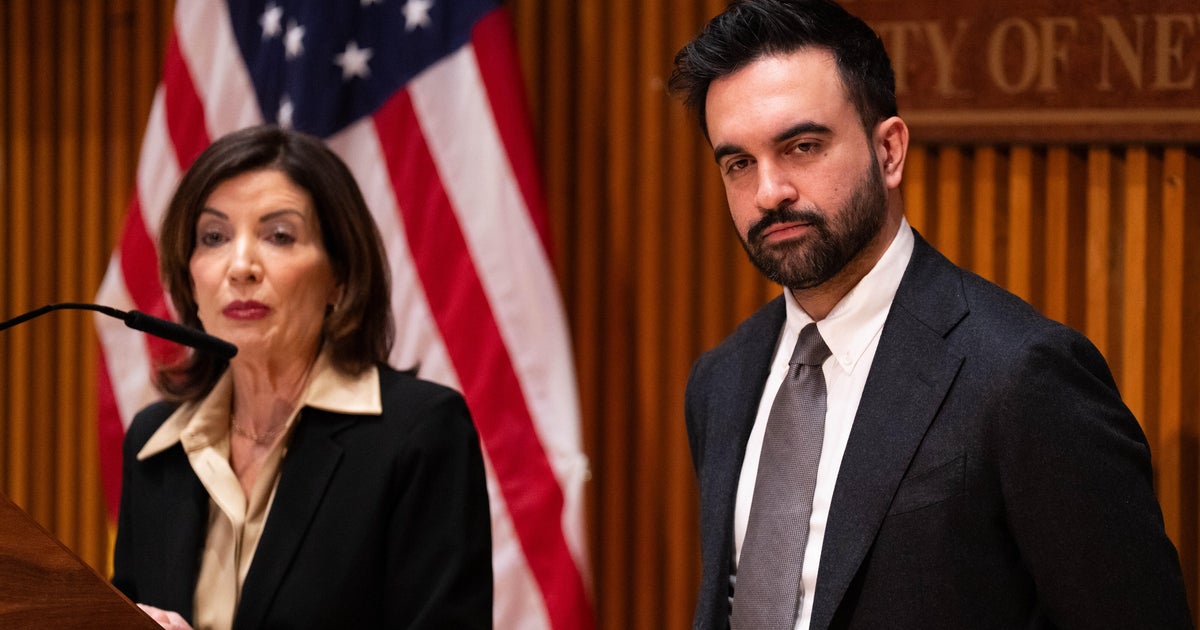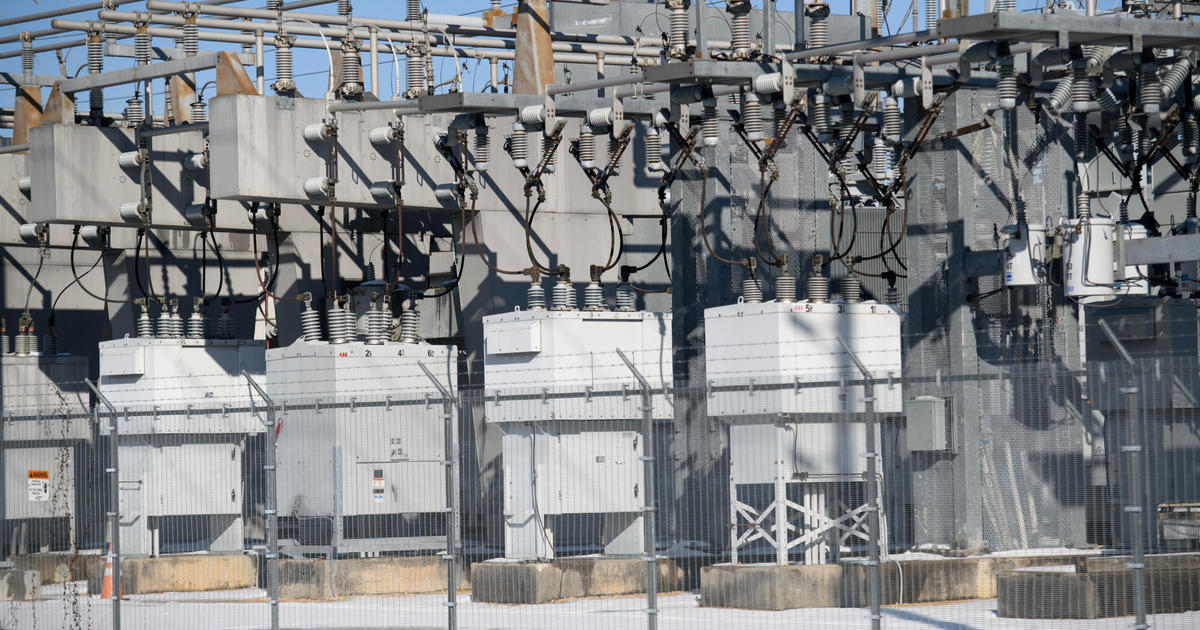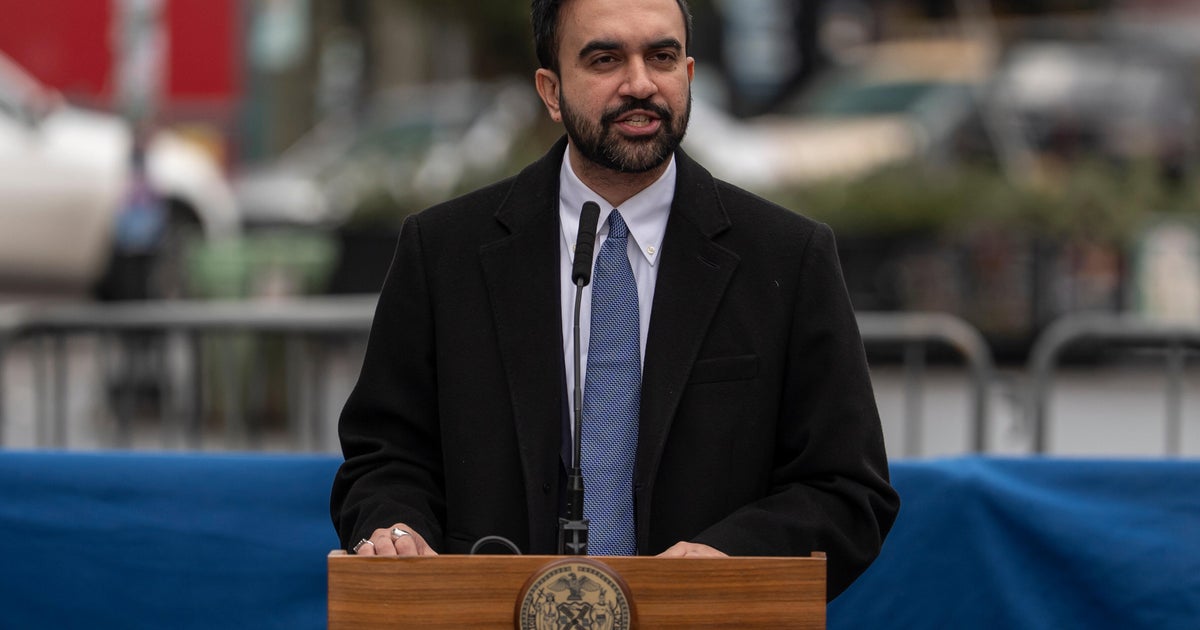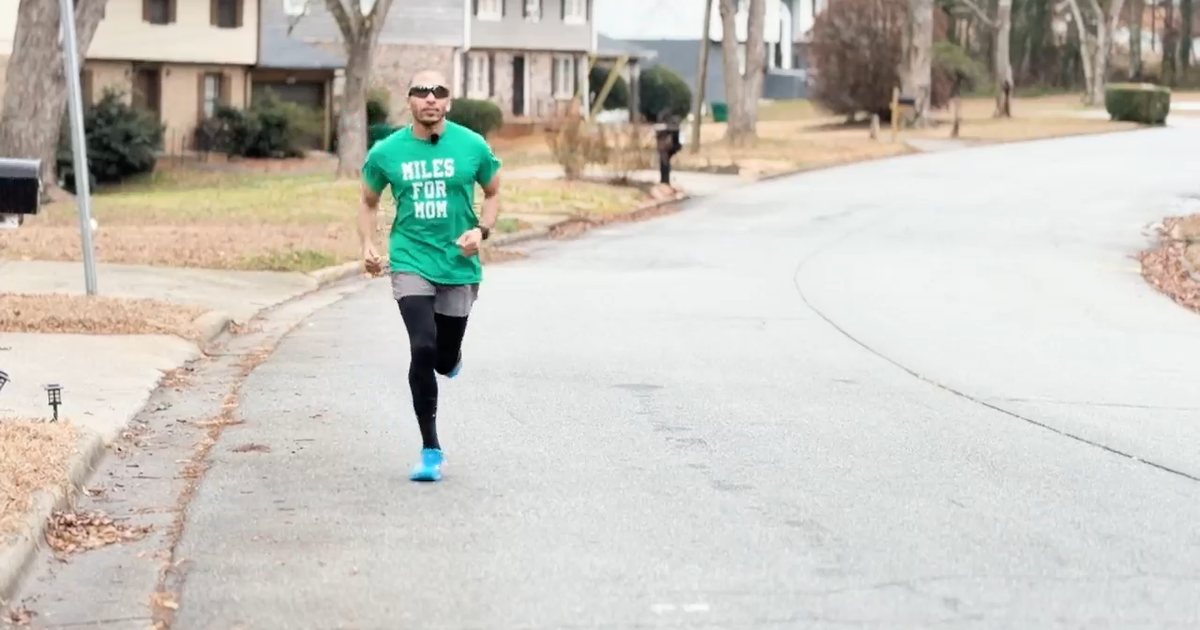Time Erodes As Minn. Lawmakers Polish Budget Plan
ST. PAUL, Minn. (AP) -- Pressed for time, the Minnesota Legislature faced increasing urgency Thursday to start sending Gov. Mark Dayton the bills that make up the two-year, $38 billion state budget.
Democrats running the Capitol have a late Monday deadline to pass the budget and avoid a special session. Loose ends are everywhere, particularly the need to determine the exact mix of tax hikes that will bring in as much as $2.9 billion that Democrats want to spend on education and other programs. Also still up in the air is how to divide about $725 million in new funding for public schools and colleges.
Despite total legislative control, some Democratic goals were in doubt thanks to House-Senate tension. After an early morning meeting with Dayton and House Speaker Paul Thissen, Senate Majority Leader Tom Bakk declared a proposed minimum wage hike dead for this session. While House Democrats voted to raise the current state minimum wage from $6.15 to $9.50, Senate Democrats approved a more modest increase to $7.75.
"The House is dug in on a rate above $9, and the votes are not there in the Senate to do it," Bakk said, saying he hoped the issue could be settled next year. Thissen called the Senate's stance "totally unfortunate for the people of Minnesota."
Late Wednesday, the House gave final approval to the first budget bill — a package of economic development programs that boosts state spending in that area by $90 million. It includes incentives for businesses to add to their payrolls or expand their physical presence in the state. The bill also contains $5 million in forgivable loans to a Fortune 500 pharmaceutical company considering a Minnesota outpost staffed by 200 high-wage employees. The Senate could vote as soon as Thursday to put it on Dayton's desk for his signature.
A public safety finance bill, which funds law enforcement activities and the courts, is likely to be first up Thursday. It includes pay raises for state judges.
But the bigger dominoes have yet to fall.
Rep. Paul Marquart, chairman of the House Education Finance Committee, said negotiators hoped to finish work on that package later Thursday. It's a big chunk of the budget, registering $15.7 billion over the two years.
A key feature of that bill is an expansion of state assistance to school districts for full-time kindergarten programs. More than 75 percent of Minnesota kindergartners now attend a full-day class, but 10,000 of them are in programs that require parents to pay a fee for the extra time at an estimated cost of $26 million. The bill would push all of the costs to the state and enable districts that can't afford to offer full-day kindergarten the opportunity to do so.
Marquart, DFL-Dilworth, said he expects 95 percent of kindergartners will be in all-day programs starting in the 2014-15 school year, which boosters see as a vital step toward giving children a jump-start on learning that will pay off in later years.
"We anticipate almost every school will go for it," he said. "But there will be parents that won't elect to do it."
Still uncertain is how to divvy up more than $300 million in extra elementary and secondary school aid. Much of it could go to the bedrock per-pupil formula, which now sends $5,224 to districts for each student.
None of the new spending can happen without the yet-finished tax bill, which will result in tax increases on the wealthiest two percent of Minnesotans and a big hike in tobacco taxes. Democratic leaders have agreed to the broad outlines of the tax package, but haven't come to terms on the finer details. That includes the new income tax rate for couples earning more than $250,000 and single filers with salaries topping $150,000.
Republicans are largely bystanders in the budget debate, as they were all but cut out of negotiations and without the voting strength to hold bills back.
There is one notable exception: Democrats can't approve a giant construction works bill without GOP help.
Because the bill relies on state borrowing it needs three-fifths majorities to pass, meaning it would need at least eight Republicans in the House and 2 in the Senate to join Democrats in supporting it. The $800 million package that could reach the floor Friday authorizes state debt for college campus projects, flood mitigation, the next phase in a Capitol building renovation and much more.
House Majority Leader Erin Murphy of St. Paul said Democrats might take the unusual step of calling for a vote without assurances it will pass, putting pressure on some Republicans to deliver votes for projects important to their districts.
"We may have to take it up with the hope they will come along," Murphy said.
House Minority Leader Kurt Daudt, R-Crown, said without significant slimming, the bill is in trouble.
"I don't think it's any mystery that Republicans won't support an $800 million bonding bill," Daudt said. "This one is not going to fly."
(© Copyright 2013 The Associated Press. All Rights Reserved. This material may not be published, broadcast, rewritten or redistributed.)
